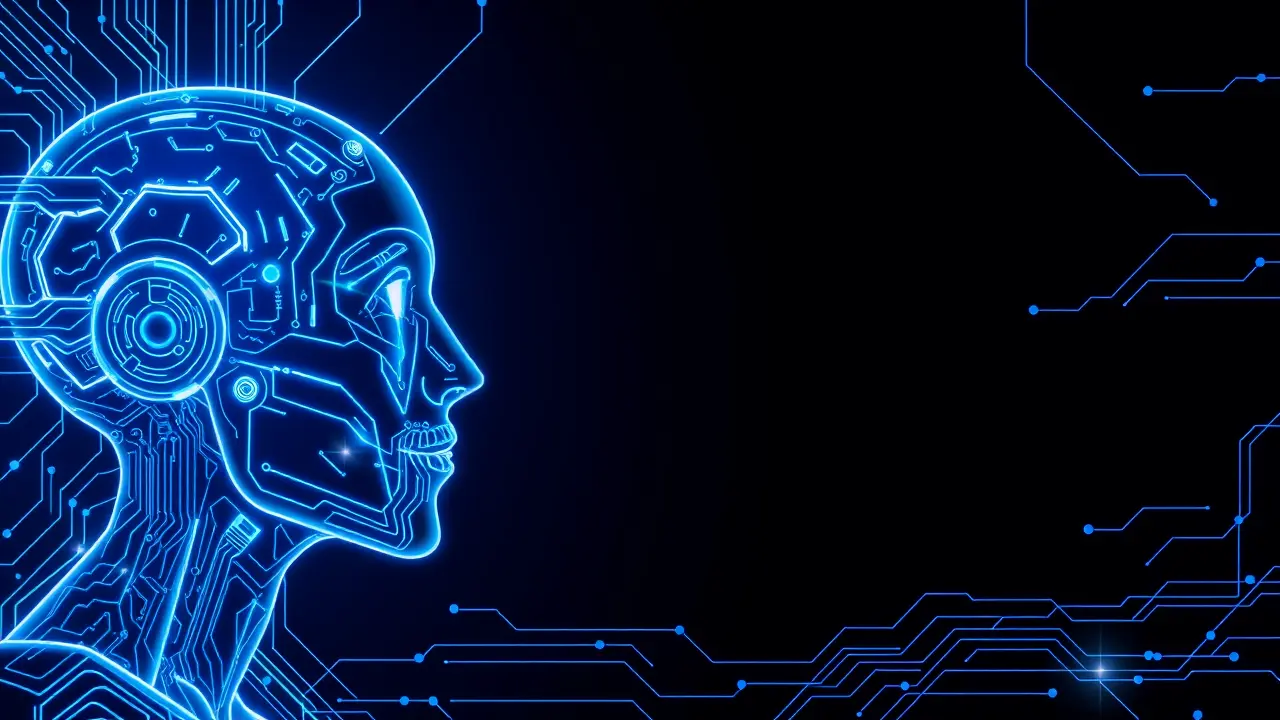
AIai safety & ethicsAI Impact on Jobs
Humans Must Retain Humanity to Survive AI Era
MI
Michael Ross
23 hours ago7 min read
The relentless drumbeat of artificial intelligence hype has reached a deafening crescendo, a cacophony of punditry and product launches that threatens to drown out the essential, human conversation we desperately need to have. Much like the early days of the industrial revolution or the dawn of the nuclear age, we stand at a precipice defined not merely by technological capability but by profound ethical and societal choice.The core thesis is stark and urgent: for humanity to not just survive but thrive in the coming AI era, we must consciously and deliberately retain the very qualities that define our humanity—empathy, ethical reasoning, creativity, and independent critical thought. The current landscape, as illustrated by reports like the Microsoft/LinkedIn 2024 Annual Work Trend Index with its aggressive, almost foregone conclusions about employee desires, is being shaped by a powerful commercial narrative.This narrative, driven by corporate giants and a burgeoning ecosystem of consultants, often prioritizes efficiency and disruption over a deeper contemplation of what is being disrupted. It’s a bandwagon moving at breakneck speed, and the danger is that we are all so focused on jumping aboard that we forget to ask about the destination, or who is steering.This is not a call to halt progress, but a plea for a more thoughtful, independent, and multidisciplinary dialogue. We must look beyond the minute-by-minute hot takes and actively prepare for a new reality where the relationship between human and machine intelligence is redefined.The lessons from history are clear; technologies of immense power are never neutral. They amplify existing biases, concentrate power, and create new vectors for conflict if left unchecked by a robust ethical framework.Isaac Asimov’s Three Laws of Robotics were more than science fiction; they were a foundational attempt to codify a value system for non-human intelligence, a project we have largely abandoned in the rush to market. Today, the risks are multifaceted: from the erosion of cognitive skills through over-reliance on AI assistants, to the systemic unemployment that could unravel the social fabric, to the existential threats posed by autonomous weapons systems and the potential for misaligned superintelligence.Conversely, the opportunities are equally staggering—AI could help us cure diseases, solve climate change, and unlock new realms of artistic and scientific discovery. Navigating this duality requires what philosophers call the ‘wisdom of the second order’; we must not only ask what AI *can* do, but what it *should* do.This demands a new kind of literacy, where policymakers, educators, and citizens alike understand the basics of how these systems work, their limitations, and their inherent biases. It requires robust regulatory frameworks, developed through international cooperation, that protect individual rights and promote equitable access to AI’s benefits, preventing a new digital divide from becoming an unbridgeable chasm.Ultimately, the most critical infrastructure we need to build isn't silicon-based, but human. We must double down on cultivating the skills that AI currently lacks: nuanced emotional intelligence, the ability to navigate moral ambiguity, the capacity for genuine creativity that springs from lived experience, and the skeptical, independent thinking that questions the output of the black box.The survival of our humanity in the AI era depends not on outpacing the machines, but on deepening our commitment to the uniquely human qualities that give our existence meaning and purpose. The future will be shaped not by the most powerful algorithms, but by the wisdom with which we choose to guide them.
#featured
#artificial intelligence
#hype
#human workforce
#job market
#ethics
#regulation
#future of work
Stay Informed. Act Smarter.
Get weekly highlights, major headlines, and expert insights — then put your knowledge to work in our live prediction markets.
Comments
It’s quiet here...Start the conversation by leaving the first comment.
© 2025 Outpoll Service LTD. All rights reserved.